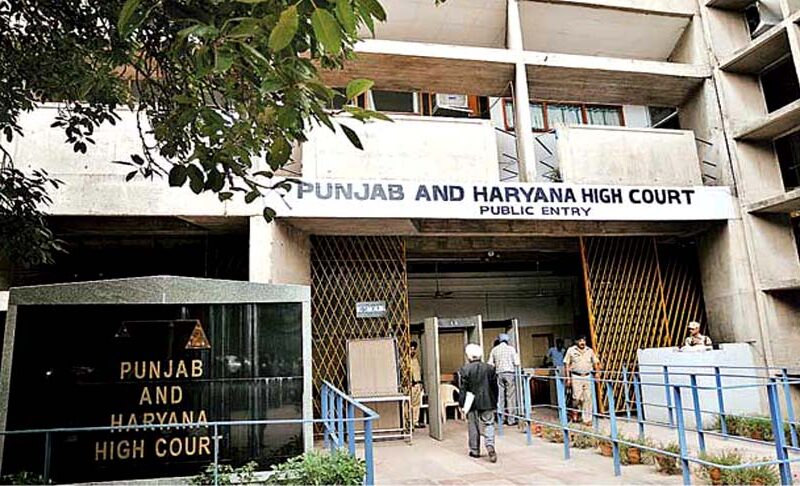Chandigarh (National Times): The Punjab and Haryana High Court has ruled that state governments have no authority to interfere in the operations of the Bhakra Beas Management Board (BBMB), addressing allegations of undue intervention by the Punjab government in the functioning of the Bhakra Nangal Dam and Lohand Control Room. The directive was issued by a division bench comprising Chief Justice Sheel Nagu and Justice Sumit Goel after hearing three related petitions.
On April 23, 2025, the BBMB’s technical committee decided to release 8,500 cusecs of water to Haryana, which included allocations for Rajasthan and Delhi. This decision was ratified by the BBMB on April 24, despite objections from Punjab, which argued that Haryana and Rajasthan were demanding water beyond their allocated shares.
The situation escalated on May 1 when Punjab Police allegedly took control of the Bhakra Nangal Dam and Lohand Control Room, prompting the BBMB to approach the High Court, terming the action an illegal encroachment on its authority. Concurrently, Haryana advocate Ravinder Singh Dhull and the panchayat of Matana village in Fatehabad filed public interest petitions seeking adequate water supply for Haryana.
In its detailed verdict on May 6, the High Court ordered Punjab to refrain from interfering in BBMB’s operations and limit its role to providing security arrangements. The court emphasized that obstructing the dam’s functioning under the pretext of security is unacceptable. Additionally, Punjab was directed to comply with the decision made during a meeting chaired by the Union Home Secretary on May 2, which mandated the release of an additional 4,500 cusecs of water to Haryana.
Citing the Punjab Reorganisation Act, 1966, and the Bhakra Beas Management Board Rules, 1974, the court clarified that the BBMB is a central institution under the control of the Government of India. In case of any disagreement, the state government must raise its objections through the central government rather than resorting to direct interference.

